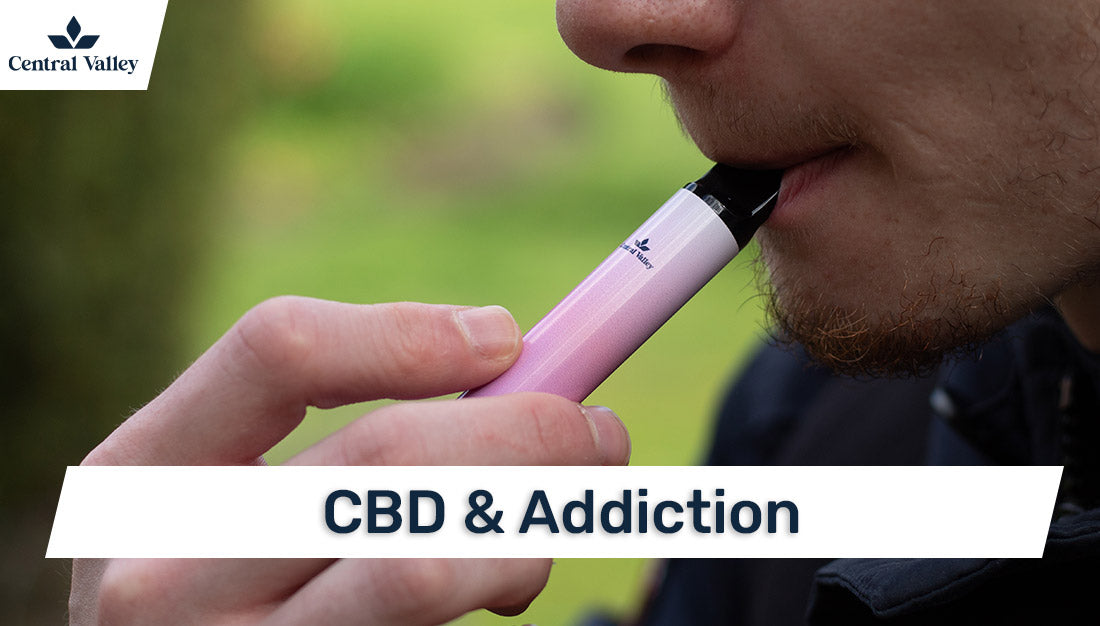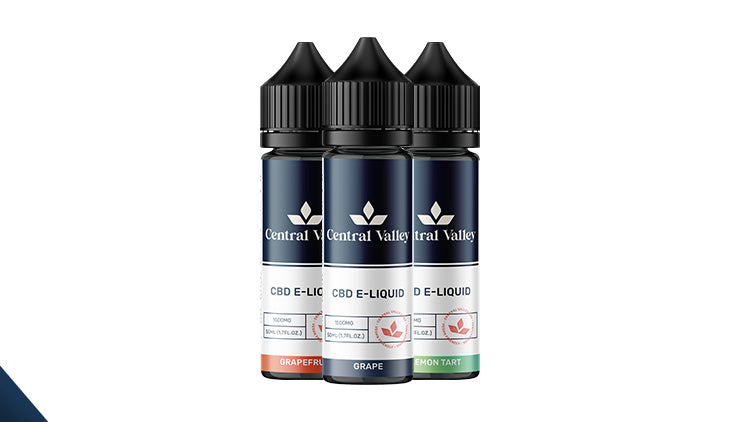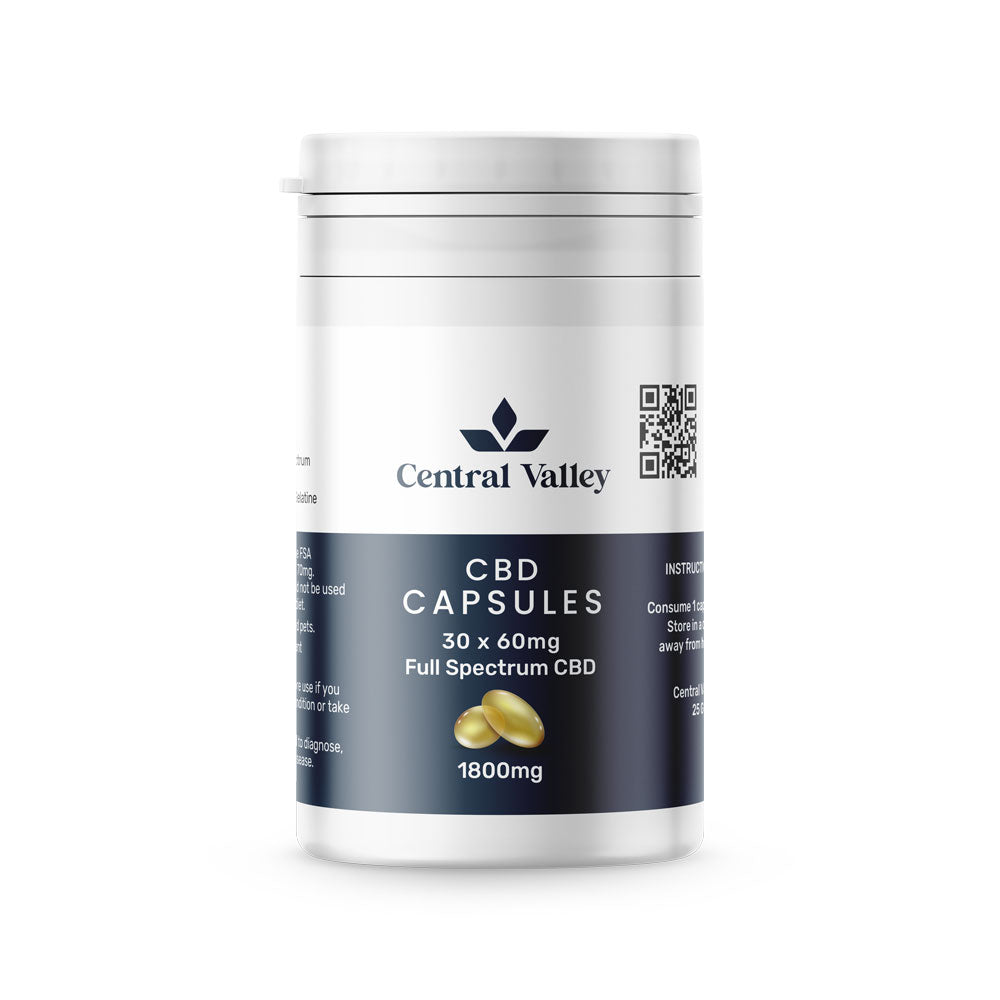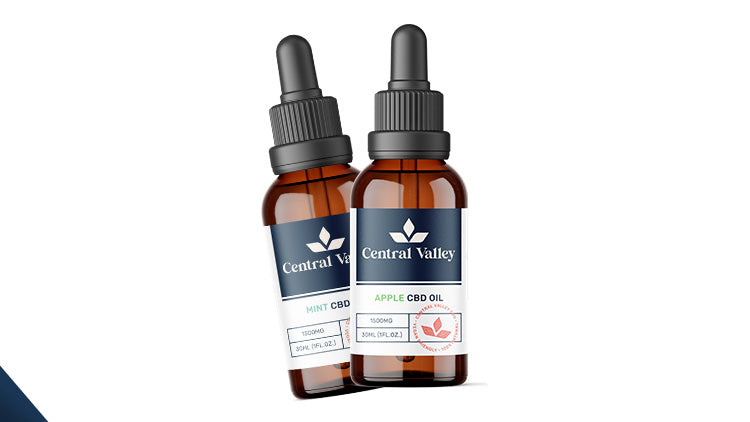
Is CBD Addictive? Can it help with addiction?
Share
Cannabidiol, or CBD as it’s commonly known, is rapidly gaining traction as more people integrate it into their daily routines. But what exactly is CBD, and is CBD addictive? This section will explore the nature of CBD and its potential for addiction.
Shop CBD Oils, Shop CBD Gummies, Shop CBD Capsules, Shop CBD E-Liquids , Shop CBD Disposables, CBD Skincare
The Essence of Cannabidiol (CBD)
CBD is a compound derived from the cannabis plant. Unlike its counterpart THC, CBD doesn’t have psychoactive properties, meaning it doesn’t induce a ‘high’. Instead, it’s used to manage various conditions such as chronic pain, PTSD, and epilepsy. Current trials are exploring its potential benefits for anxiety and arthritis. But can CBD cause addiction? Let’s delve deeper.
Who Stands to Gain from CBD?
While there’s evidence of its medicinal benefits, prescriptions for CBD oil, which is addictive-free, are rare in England. They’re primarily given to children and adults with severe forms of epilepsy. However, CBD oil, made from legal strains containing less than 0.2% THC, is legal in the UK. This means anyone can purchase and use it without worrying about CBD addiction. CBD is available in various forms, including vape liquids, confectionery, beauty products, and even sexual lubricants.
Is Vaping CBD Addictive?
Vaping has become a popular method of consuming CBD, but many people wonder, is vaping CBD addictive? The answer is no. CBD, whether vaped or consumed in other ways, does not have addictive properties.
The Addiction Potential of CBD
Research indicates that CBD does not have addictive potential. A 2017 Pre-Review Report by the World Health Organization (WHO) states that well-controlled human experimental research shows no association between CBD and abuse potential. A 2016 study also found that while THC produced significant physical and psychological effects, CBD did not affect heart rate, blood pressure, or cognitive function. So, can you get addicted to CBD?The answer is no.
Can CBD Aid in Addiction Treatment?
Several studies suggest that CBD could be a promising treatment for substance use disorders. It may reduce the likelihood of developing cocaine, methamphetamine, cannabis, and nicotine use disorders and could help prevent relapse after detoxification and sobriety. A clinical trial found that participants receiving CBD medication reported less craving after exposure to drug cues compared to those receiving a placebo. This effect continued for at least a week after the administration of CBD or placebo. So, can I get addicted to CBD while using it for addiction treatment? The research suggests not.
The Most Effective Addiction Treatment
While CBD’s role in treating addiction is still under research, it’s not yet confirmed as a suitable or long-lasting treatment option. However, drug rehab experts consistently affirm that residential treatment at a private clinic is the most effective treatment option. So, while CBD oil is not addictive, it’s not a confirmed treatment for addiction either.
FAQ
Is CBD addictive?
No, CBD is not addictive. Research indicates that CBD does not have addictive potential.
Is CBD oil addictive?
No, CBD oil is not addictive. It contains less than 0.2% THC and does not induce a ‘high’.
Is vaping CBD addictive?
No, vaping CBD is not addictive. The CBD used in vape liquids is the same as in other products and does not have addictive potential.
What is CBD used for?
CBD is used to manage various conditions such as chronic pain, PTSD, and epilepsy. It’s also being explored for potential benefits for anxiety and arthritis.
Is CBD legal in the UK?
Yes, CBD oil, made from legal strains containing less than 0.2% THC, is legal in the UK.
Can CBD aid in addiction treatment?
Yes, several studies suggest that CBD could be a promising treatment for substance use disorders.
What are the side effects of CBD?
While CBD is generally well tolerated, some people may experience side effects such as fatigue, diarrhoea, and changes in appetite or weight.
How long does it take for CBD to work?
The onset of effects depends on the method of consumption. For instance, when vaped or taken sublingually, CBD can produce effects within minutes.
Can CBD interact with other medications?
Yes, CBD can interact with certain medications, enhancing or diminishing their effects. Always consult with a healthcare provider before starting or stopping any medication.
Is it safe to drive after taking CBD?
Yes, it’s generally safe to drive after taking CBD as it doesn’t induce a ‘high’. However, if you experience side effects like drowsiness or fatigue, it’s best to avoid driving.
Can pregnant or breastfeeding women use CBD?
The safety of CBD use during pregnancy or breastfeeding is not well studied. It’s recommended to consult with a healthcare provider before using CBD in these situations.
Can children use CBD?
In some cases, CBD is prescribed for severe forms of epilepsy in children. However, it’s important to consult with a healthcare provider before giving CBD to a child.







